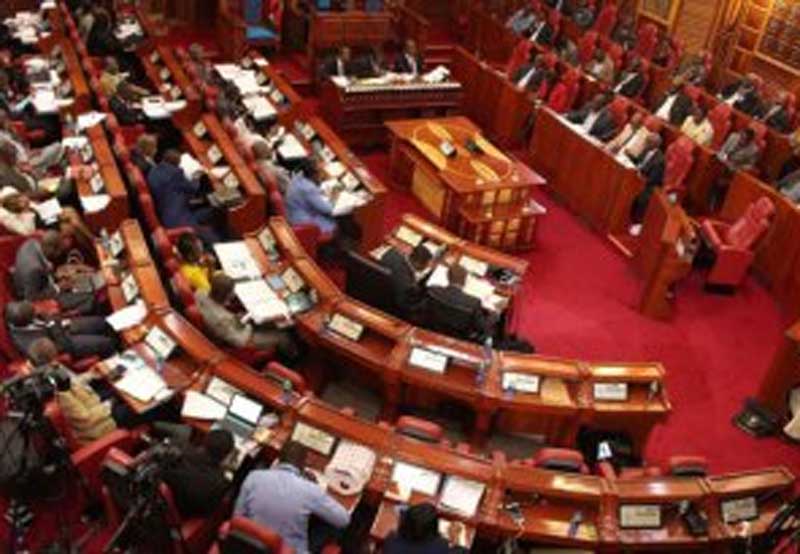×
The Standard e-Paper
Home To Bold Columnists

The Senate has passed a law that aims to cut on the bureaucracy that has seen devolved units struggle to publish Bills, gazette notices and key policy papers.
Under the new provisions passed by last week, each of the 47 devolved units will have their own County Gazette, ending the spectacle of county officials queuing up at the Government Printer in Nairobi to push for publication of county documents in the Kenya Gazette.